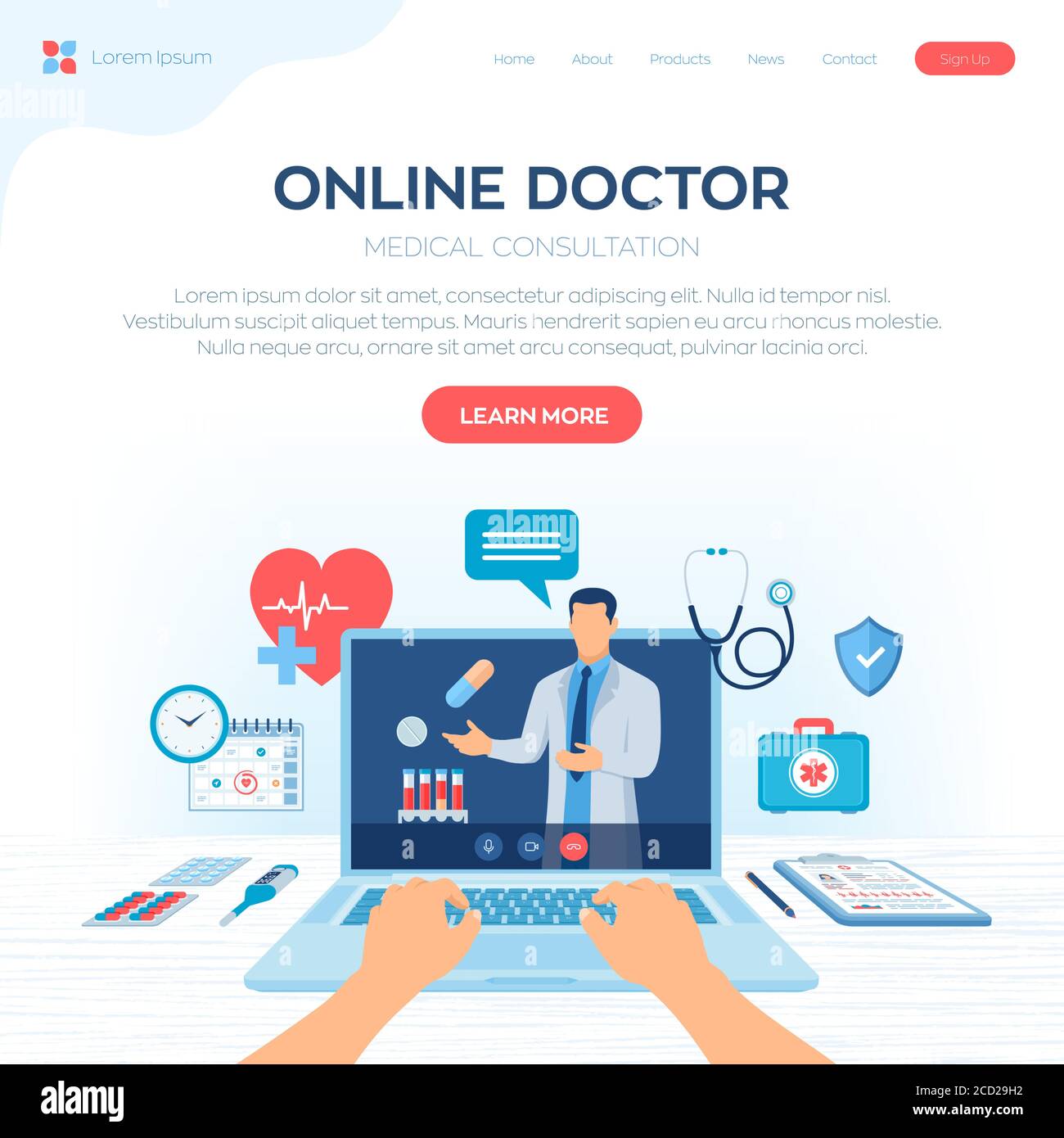Discover the Perks of Subscription Based Healthcare for Affordable Medical Care
Discover the Perks of Subscription Based Healthcare for Affordable Medical Care
Blog Article
Browsing the Future of Medication With Subscription-Based Health Care Services
As the healthcare market advances, subscription-based solutions arise as an essential design assuring to reshape individual treatment delivery. The responses to these questions could fundamentally change our approach to medical care.
Rise of Subscription Health Care
As medical care systems worldwide face enhancing pressures from rising expenses and need for solutions, the introduction of subscription-based healthcare models has arised as a transformative trend. This innovative approach is disrupting typical medical care distribution by providing a predictable, flat-rate repayment framework for medical solutions. Rooted in the concepts of attendant medicine, subscription-based healthcare enables carriers to concentrate on individualized client care while concurrently taking care of functional effectiveness.
The increasing customer need for openness and predictability in medical care costs has driven the change in the direction of this version. Subscription-based services frequently use straight access to medical care experts, which can minimize the management problems associated with insurance policy claims and repayments.
This model is getting traction amongst varied doctor, from health care physicians to specialized facilities, by aligning financial motivations with preventive and constant care. By moving the emphasis from volume to value-based treatment, subscription healthcare has the potential to improve the landscape, promoting a much more patient-centered and lasting approach to wellness administration.
Advantages for Patients

Furthermore, subscription-based services usually emphasize preventive treatment, encouraging routine check-ups and health screenings. This aggressive approach can bring about very early discovery of wellness problems, possibly enhancing outcomes and minimizing lasting health care prices for clients. Such designs usually offer clear rates, enabling people to better recognize their healthcare expenses and stay clear of unexpected medical expenses.
The individualized nature of subscription-based healthcare additionally boosts client experience. Patients can get customized health care plans that fit their particular requirements, fostering an extra patient-centric strategy. This personalization can lead to improved client fulfillment and adherence to treatment strategies. Furthermore, membership solutions often incorporate health cares, supporting clients in preserving total health and wellness and wellness. Ultimately, these advantages collectively add to a more efficient, economical, and patient-friendly medical care experience.
Technology's Duty in Change

Synthetic intelligence (AI) plays an essential function in predictive analytics, helping in very early medical diagnosis and customized treatment plans. AI algorithms assess vast datasets to recognize patterns that might be ignored by human observation, therefore improving scientific decision-making. In addition, electronic get more health and wellness records (EHRs) simplify person info administration, making certain continuity and comprehensibility of care throughout numerous solutions and providers.
Blockchain technology boosts data security and personal privacy, important for preserving person count on digital platforms. It enables transparent and safe and secure deals of medical data, guaranteeing that sensitive info stays secured. With the combination of device learning and AI, blockchain can automate intricate health care processes, minimizing management concerns.
Difficulties and Factors To Consider
While modern technology propels the capabilities of subscription-based healthcare solutions, it also introduces a collection of difficulties and considerations that need to be resolved to make sure effective implementation. One considerable challenge is the fair accessibility of these solutions.
Information privacy and official source safety and security represent one more vital factor to consider. Subscription-based services often require the collection and storage space of huge amounts of personal wellness details. Carriers should stick to rigorous data security regulations to preserve individual trust fund and stop unauthorized accessibility, which could lead to significant honest and lawful repercussions.
Additionally, the sustainability of subscription designs poses a challenge. As medical care needs develop, maintaining a cost-efficient balance between subscription fees and service quality is important to stop individual frustration and attrition. Integrating these solutions within standard health care systems calls for smooth interoperability between systems, which is frequently a complicated and resource-intensive endeavor. Addressing these challenges is crucial as subscription-based healthcare solutions continue to expand and evolve.
Future Implications for Medicine
Subscription-based medical care services are poised to substantially influence the future landscape of medicine by reshaping just how care is accessed and delivered. These models supply the possible to equalize medical care access, giving clients with even more customized and timely treatments. By leveraging innovation, such as telemedicine and data analytics, subscription services can assist in continual surveillance and tailored wellness administration, thus boosting results and reducing the concern on traditional medical care systems.
As these services gain traction, they might stimulate a change in the direction of preventative treatment, highlighting the relevance of very early detection and management of persistent conditions. This aggressive technique might eventually decrease healthcare expenses by reducing the need for pricey treatments arising from late-stage condition management. Moreover, membership versions use a scalable service to address disparities in medical care gain access to, specifically in underserved or country populaces.
However, the change towards subscription-based versions requires attending to regulatory and ethical factors to consider, including information personal privacy and fair accessibility. As the industry advances, collective efforts between policymakers, modern technology designers, and doctor will be critical to establishing robust structures that secure client interests while fostering technology. Inevitably, these services guarantee this article to add considerably to a more reliable, patient-centered medical care community.
Final Thought
Subscription-based health care solutions represent a considerable evolution in the medical area, offering predictable costs and individualized care that boost ease of access and prioritize safety nets. Technological advancements, such as telemedicine and AI-driven analytics, help with tailored client experiences, improving overall health and wellness results. However, difficulties such as information privacy and fair accessibility should be resolved to guarantee the prevalent advantages of these solutions. As the health care landscape develops, registration models are poised to play a critical function in forming the future of medication.
As the medical care market advances, subscription-based solutions arise as an essential design guaranteeing to reshape client care delivery.As healthcare systems around the globe face increasing pressures from climbing prices and demand for solutions, the introduction of subscription-based medical care models has arised as a transformative fad (subscription based healthcare).With the increase of subscription-based healthcare designs reshaping typical health care distribution, clients are starting to experience considerable advantages from this innovative method. As healthcare needs develop, keeping an affordable equilibrium between membership charges and service quality is essential to protect against individual dissatisfaction and attrition.Subscription-based medical care services are poised to considerably affect the future landscape of medication by reshaping how care is accessed and supplied
Report this page